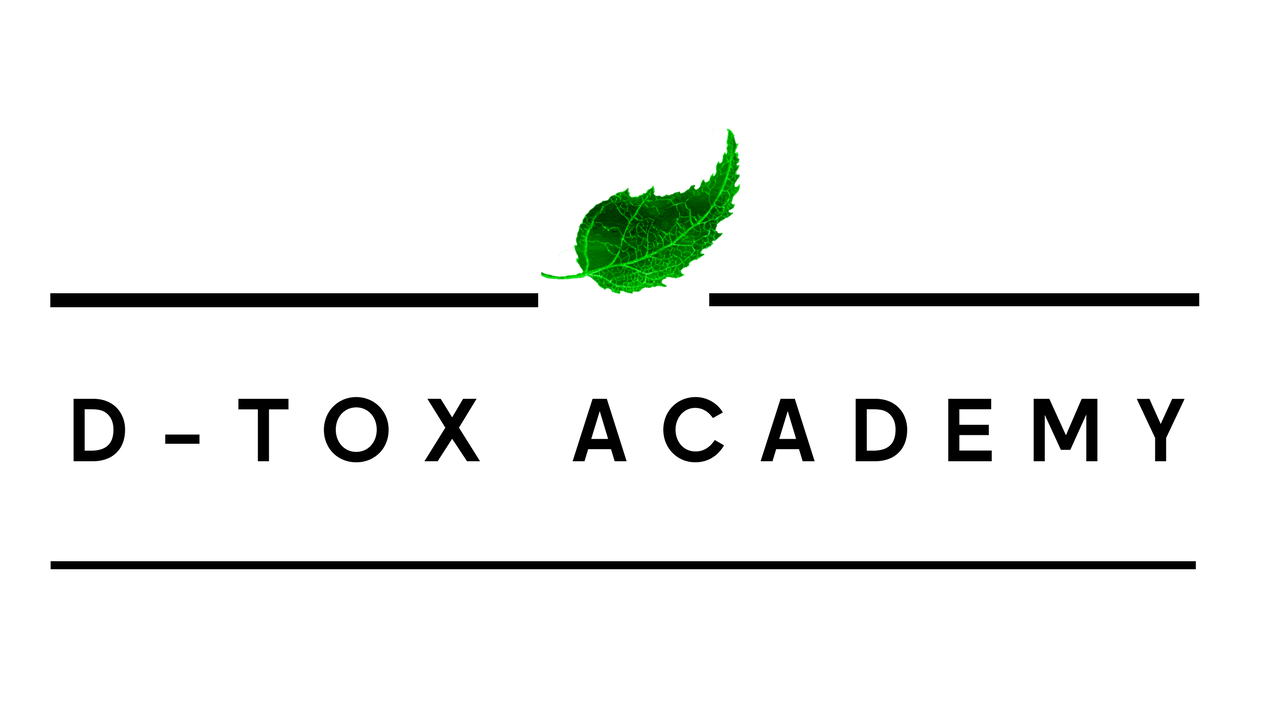
De-Clutter Your Home to Detox Your Home
Dec 10, 2017by Angela Cummings and Sophia Ruan Gushée
Clutter accumulates quickly in our homes. Before we know it, the one storage cabinet has expanded to three. And flat surfaces are covered with...well, anything and everything.
What we often don’t consider is how this clutter may be affecting our health. In addition to the dust that accumulates with clutter, so do the number of products that may contaminate our homes with chemicals. Of special concern are those that have been linked to short- and long- term health conditions ranging from fertility problems(1) to hormone disruption to cancer(2).
De-cluttering and being selective about what you keep is one way to start detoxing your home.
Start with the products that are most risky to your health. Below are five items to evaluate critically:
- Plastic Food Containers. Chemicals in plastic containers can be absorbed into food, off-gas into the air, and settle in dust. Trade the plastic storage containers for glass, ceramic or stainless steel. Buy fewer mid- to large-sized containers to cut down on clutter in the fridge.
- Candles. While candles can smell nice and give a relaxing glow to the house, they are often made from petroleum-based ingredients, and contain fragrances that are made of dozens, sometimes hundreds, of chemicals. Instead, opt for 100% pure essential oils to freshen the home and beeswax candles (with 100% cotton wicks) for a candle-lit evening of relaxation. Burn candles sparingly as burning any material results in air pollution.
- Curtains. Curtains and other textiles can be made of polyester, nylon, acrylic and have finishes on them that are releasing Volatile Organic Compounds (VOCs)(3) into your home. VOCs are a gas that is released into the air and can lead to poor indoor air quality. Replace curtains with a natural material such as a cotton or linen, and avoid fabric treatments that create water repellent and wrinkle-free effects.
- Cleaning Products. Cleaning products have been found to cause health risks(4) that are both short- and long- term. Instead, choose natural ingredients, such as baking soda, castle soap, hydrogen peroxide, and white vinegar.
- Cosmetics. Natural beauty is becoming more popular. Choose makeup made with nontoxic ingredients. Anti-aging products, lip color, and nail polish are among the many cosmetics found to contain risky chemicals. Resources such as EWG’s Skin Deep Cosmetic Database can help identify cosmetics that are safer to use.
De-cluttering, and being selective about the items you keep and buy, can help reduce the number of chemicals in your home. As a bonus: you'll find things more easily and feel more inner peace!
Start with products that are easiest for you to de-clutter and replace them with a few, healthier products. Or, better yet, don’t replace them at all!

Enroll in the D-Tox Academy to detox your home and life at a pace that’s comfortable for you.
The D-Tox Academy gives subscribers access to specific brands of products, and tips for how to use and maintain products. The academy includes short videos and check lists that are helpful when making healthier changes.
References



